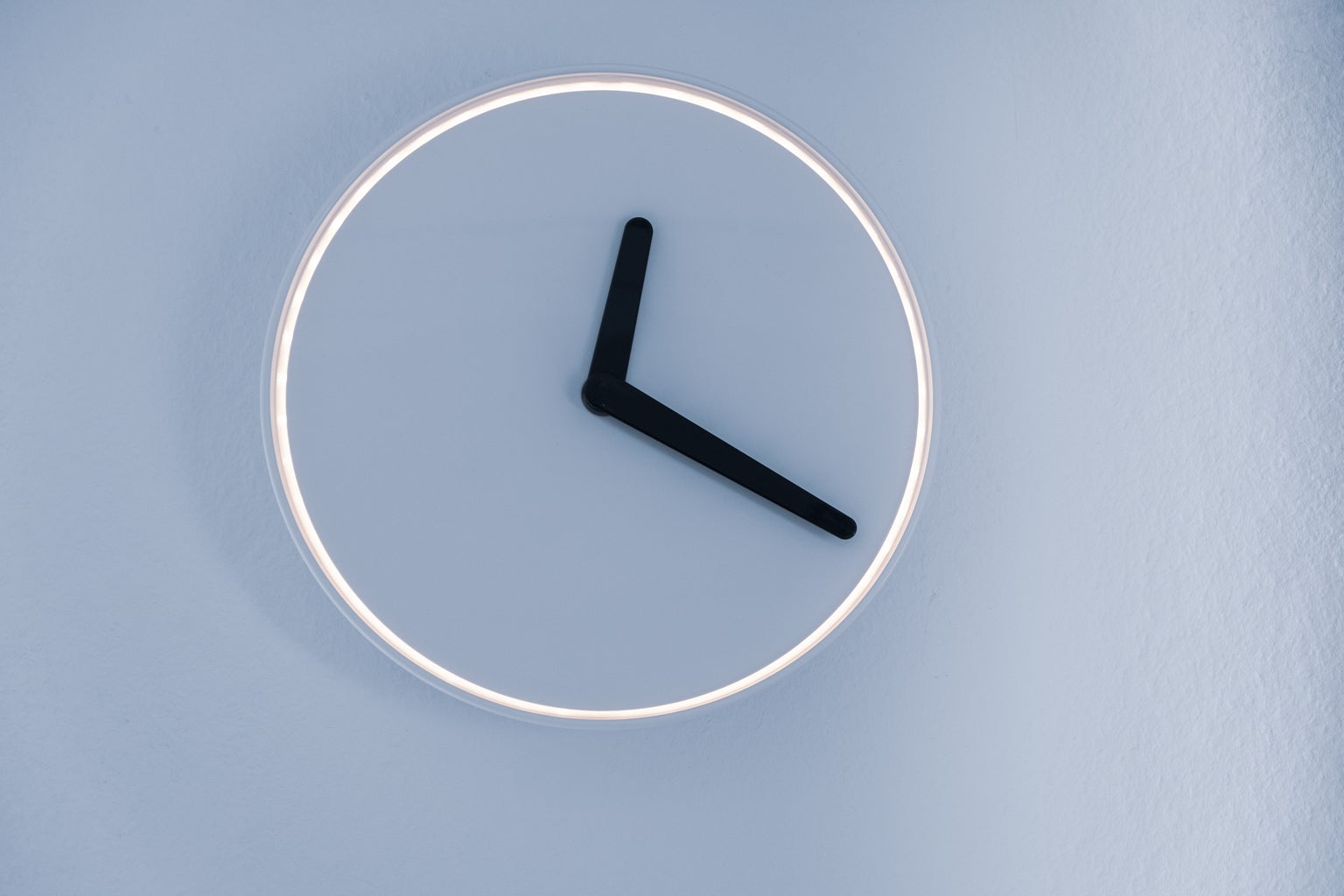I’ll be the first to admit that I had little to no knowledge of the menstrual cycle until a few years ago. To be honest, I always thought that the term “menstrual cycle” was just the proper way to say “period.”
As it turns out, the moment you get your period is only the beginning of a 28-day hormonal cycle that consists of four phases: the menstruation phase, the follicular phase, the ovulatory phase and the luteal phase.
While I did learn about sex education and puberty in school, the most I knew about the menstrual cycle was my inevitable fate to feel like garbage for one week every month until my mid-50s or so. I was never interested or concerned about my hormonal health as long as I could receive the monthly confirmation that I was not pregnant.
To all of the women who received a pitiful sexual education during their middle and high school years: understanding your menstrual cycle will help you feel better mentally and physically.
In context, male hormonal cycles are only 24 hours as their testosterone levels peak in the morning and lower at night. The morning provides a perfect time for men to start a productive day with high energy, and as their energy dwindles down at night, it’s already time for most people to go to bed.
Quite literally, a man’s hormonal cycle is consistent with our clocks every day.
While male hormonal cycles can be affected by other health factors, the physical symptoms are much less frequent compared to women. Common symptoms during a woman’s menstrual cycle include mood swings, breast tenderness, fluid retention and more. Women are also likely to feel completely different from week to week because of the longevity of the menstrual cycle.
That being said, for you to better prepare for the symptoms of your or a loved one’s menstrual cycle, here are the basic backgrounds and tips for each phase!
The Menstrual Phase (Days 1-5)
The menstrual phase is the most well-known phase of the menstrual cycle because this is the cycle when we are typically on our period. Since you are not pregnant, the lining of your uterus sheds through your vagina because it’s not needed to support a pregnancy.
While some women have longer periods than others, the menstrual phase typically lasts five days. Estrogen levels are slightly higher than normal and energy levels are at their lowest. Some common symptoms you may feel are cramps, mood swings and lower back pain.
Take care of yourself during this phase by …
- Eating foods with high iron and magnesium like spinach, red meat, hearty soups, nuts and more
- Taking time to journal and reflect on recent projects or plan goals
- Participating in low-intensity exercise like biking or walking
The Follicular Phase (DAYS 1-13)
The follicular phase also starts on the first day of our period and continues until the ovulatory phase. Your pituitary gland will release FSH (follicle-stimulating hormone) in order to activate ovaries to produce follicles. During this phase, eggs will mature in your follicles but only one will be released during the ovulation phase.
At the end of the follicular phase, you may start to notice an increase in happiness and energy. Typically, sex drive will also increase during this period. Estrogen levels continue to rise and eventually peak right before ovulation.
Take care of yourself during this phase by…
- Eating foods that help you metabolize estrogen efficiently that are rich in omega-3 fatty acids like fish, avocado, plant-based oils and nut butter
- Participating in cardio or yoga, as you still may be a bit fatigued but have more energy than before
- Scheduling a massage or spa treatment
The OVULATORY Phase (days 14-16)
The ovulatory phase is the phase in which pregnancy is most likely to occur, so be sure to use protection! During this phase, estrogen and testosterone levels peak as an egg is released. You may also see a boost in your energy levels and sex drive.
Since you have more energy and testosterone levels during this phase, it’s a great time to make plans with friends or a significant other. You are most likely your most social during this period, so take advantage of that!
Take care of yourself during this phase by…
- Eating some fiber-rich foods like popcorn, lentils and dried fruits to promote digestion
- Doing some high-intensity exercises to take advantage of your energy levels
- Going out on a few dates or making plans with friends
The luteal Phase (DAYS 17-28)
This last phase of the menstrual cycle lasts around 10 days. If we are not pregnant, our estrogen and progesterone levels begin to decrease after peaking during the ovulatory phase. During this phase, it is very common to experience anxiety and brain fog due to an excess of estrogen in the body. You may also experience other PMS symptoms.
The luteal phase is very important to understand our progesterone levels. If your luteal phase is under 10 days, your body may not be producing enough progesterone. Progesterone is a hormone that plays a crucial role in maintaining healthy bones and heart health while also promoting a sustainable sleep cycle. Stress, eating disorders, PCOS and other conditions may contribute to a short luteal phase.
Take care of yourself during this phase by…
- Indulging in some of your cravings as you prepare to menstruate (again)
- Considering low-impact exercises such as yoga and biking
- Staying at home and resting
Final Remarks:
This article does not replace the advice of a licensed medical professional, so if you have concerns regarding your or a loved one’s health, please consult a physician.
All bodies are unique so please take this advice with a grain of salt. Adding some of these tips to your routine may be helpful, but remain patient as you discover more about your body’s needs and desires through the menstrual cycle.
That being said, I hope this article helped you learn a little bit more about what you can do to nourish your body (or the body of someone you care about) during the menstrual cycle.
Sources:
https://www.glamourmagazine.co.uk/article/male-female-hormone-cycles-differences
https://www.betterhealth.vic.gov.au/health/conditionsandtreatments/menstrual-cycle
https://www.womenshealth.gov/menstrual-cycle/your-menstrual-cycle





